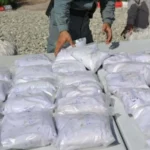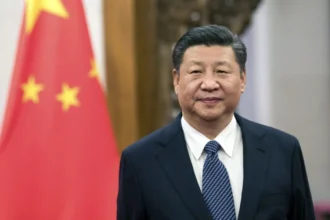Islamabad, 11 June 2025 The Pakistan Peoples Party (PPP) has strongly criticized the proposed 18 per cent sales tax on imported solar panels in the federal budget 2025-26. The decision, which is meant to boost domestic production, has faced criticism among legislators, industry players and clean power advocates, who have threatened that it would hurt the nation’s renewable energy momentum.
PPP leaders said in a statement that the tax is both anti-solar and regressive, and will directly increase the price of solar energy systems to consumers and small businesses, risking rolling back the rapid adoption of clean energy nationwide. It is a dent on the climate ambitions of Pakistan, said a senior PPP official. The idea here should be to encourage the use of solar energy, not to impose tax on it. The criticism has been reciprocated by industry bodies, with the Pakistan Solar Association (PSA) among those saying the tax risks halting the pace of solar expansion. In recent years, solar capacity has exploded in Pakistan, with close to 17 gigawatts being imported in 2024 alone, the majority of them of Chinese origin. By March 2025, net-metered installations increased to 2.8 GW, compared with 2.5 GW a year earlier. The success of solar in Pakistan rests on the concept of affordability and the availability of efficient imported technology, according to a spokesperson of PSA. The tax threatens to accomplish in years what has taken years to achieve when our local manufacturing capacity is yet to achieve demand.
Government officials argue the tax will encourage domestic production and reduce dependence on foreign imports. However, critics say the country’s current manufacturing capacity is insufficient to supply high-efficiency panels at scale.
Solar power now accounts for over 14% of Pakistan’s national electricity mix—up from just 4% in 2021—outpacing growth in some of the world’s largest renewable energy markets, including China.
With the budget now under debate in the National Assembly, opposition parties and industry leaders are expected to continue pressuring the government to reconsider the tax. Analysts warn that if implemented, the levy could slow rooftop solar adoption and derail key climate targets set under Pakistan’s renewable energy framework.
The budget is set to be finalized by the end of June.














